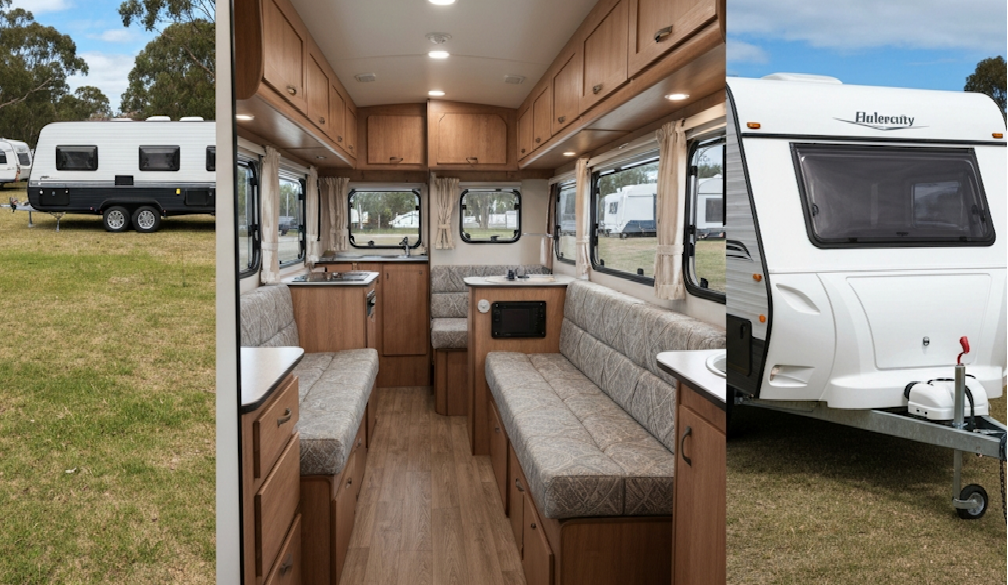Top Commercial Solar Lighting Benefits: Make the Switch!

Curious about how commercial solar lighting can revolutionize your business and bottom line? Picture this: slashing operational costs, enhancing sustainability efforts, and boosting property value, all by harnessing the power of the sun. If you’re eager to unlock the potential benefits of commercial solar energy, you’ve come to the right place!
In this article, we dive deep into the realm of solar energy for commercial spaces, shedding light on six game-changing advantages that could reshape the way you approach energy consumption. From significant tax credits to long-term cost savings, each benefit is designed to address the common pain points faced by businesses looking to make a sustainable switch.
Discover how embracing solar power can not only reduce your environmental footprint but also elevate your financial standing. Join us as we explore the remarkable advantages of commercial solar solutions, offering you a glimpse into a brighter, more efficient future for your business.
Introduction to the Benefits of Commercial Solar Lighting
Switching to commercial solar lighting offers numerous benefits for businesses, making it an increasingly popular choice for sustainable energy solutions. By harnessing the power of the sun, businesses can reduce their reliance on traditional energy sources and enjoy a multitude of advantages.
- Cost Savings: One of the primary benefits of commercial solar lighting is the significant cost savings it offers businesses. Solar energy is a renewable resource, meaning businesses can generate their own electricity and reduce their dependency on utility companies. This leads to lower monthly energy bills and long-term savings.
- Environmental Sustainability: Commercial solar lighting is a clean and renewable energy source, helping businesses reduce their carbon footprint and contribute to a greener future. By investing in solar energy, businesses can showcase their commitment to sustainability and help combat climate change.
- Increased Security: Solar lighting provides businesses with reliable lighting solutions that operate independently of the main power grid. This means that even during power outages or emergencies, commercial properties can maintain essential lighting for safety and security purposes.
- Tax Credits and Incentives: Governments at the local, state, and federal levels offer various tax credits and incentives to encourage businesses to adopt solar energy solutions. These incentives can significantly offset the upfront costs of solar installation and provide businesses with financial benefits.
- Improved Property Value: Installing commercial solar lighting can enhance the value of commercial properties. With increasing interest in eco-friendly and energy-efficient buildings, solar-powered properties are becoming more attractive to potential buyers or tenants.
Switching to commercial solar lighting can revolutionize the way businesses meet their energy needs, providing cost savings, environmental benefits, increased security, and potential financial incentives. In the following sections, we will delve deeper into these advantages and explore the specific ways in which commercial solar lighting can benefit businesses.
Benefits of Commercial Solar Lighting
Commercial solar lighting offers numerous advantages for businesses, making it a smart choice for those looking to reduce costs, promote sustainability, and enhance security. Here are some key benefits of using commercial solar lighting:
Increased Security
Well-illuminated outdoor spaces play a crucial role in maintaining the safety and security of commercial properties. Commercial solar lighting provides reliable and consistent lighting throughout the night, ensuring that parking lots, walkways, and outdoor areas are well-lit and secure. This enhanced security helps deter potential criminals and creates a safe environment for employees and customers.
Minimal Maintenance
Commercial solar lighting systems are designed for durability and require minimal maintenance. Once installed, they operate autonomously, eliminating the need for frequent bulb replacements or wiring repairs. This low maintenance requirement results in cost savings and reduces the hassle associated with traditional lighting systems.
Energy Independence
By generating their own electricity from solar power, businesses become less dependent on the grid. This energy independence provides stability and resilience, particularly during power outages or disruptions. With commercial solar lighting, businesses can continue their operations without interruption and reduce the impact of unexpected electricity failures.
Tax Credits and Incentives
Switching to commercial solar lighting not only offers long-term cost savings and environmental benefits but also provides access to various tax credits and incentives. These financial incentives can significantly offset the upfront costs associated with solar installation and further enhance the return on investment for businesses. Here are some key tax credits and incentives available for businesses that make the switch to commercial solar lighting:
Accelerated Depreciation
Another financial benefit of transitioning to commercial solar lighting is the option to accelerate the depreciation of the solar equipment system. Under current tax laws, businesses can depreciate the solar system's cost over a shorter timeframe, resulting in faster tax deductions.
State and Local Incentives
Apart from federal incentives, many states, municipalities, and utility companies offer their own incentives and rebates for businesses that adopt solar energy. These incentives vary by location but can include grants, rebates, property tax exemptions, and performance-based incentives.
It's important to note that tax credits and incentives can change over time, so it's crucial for businesses to stay updated on the latest regulations and programs in their area. Consult with a solar expert or tax advisor to fully understand all available incentives and to optimize the financial benefits of commercial solar lighting for your business.
Increased Property Value
Installing commercial solar lighting systems can have a significant positive impact on the value of commercial properties. Here's how:
- Attractiveness to Potential Buyers or Tenants
Commercial properties that have integrated solar lighting systems are considered more attractive to potential buyers or tenants. The presence of sustainable and energy-efficient features is seen as a valuable asset in today's environmentally conscious market.
- Lower Operational Costs
By utilizing solar energy for lighting, commercial properties can drastically reduce their operational costs. This cost-saving benefit can make the property more appealing to buyers or tenants who are looking for ways to streamline expenses and maximize profitability.
- Long-Term Investment
Commercial solar lighting systems are a long-term investment that adds value to the property over time. With rising concerns about climate change and the increasing demand for renewable energy sources, properties equipped with solar lighting systems can be seen as forward-thinking and aligned with sustainability goals.
- Enhanced Resale Value
The added value of a commercial property with solar lighting systems can be observed at the time of resale. Potential buyers who understand the long-term benefits of solar energy may be willing to pay a premium for a property that already has a solar infrastructure in place.
- Positive Environmental Impact
In addition to the financial benefits, the environmental advantages of commercial solar lighting systems can also contribute to the perceived value of the property. Businesses and individuals who prioritize sustainability may be more inclined to choose a property that aligns with their eco-friendly values.
Investing in commercial solar lighting not only reduces energy costs but also adds value to the property. It showcases a commitment to sustainability, appeals to environmentally-conscious buyers or tenants, and positions the property as a forward-thinking investment.
Case Studies and Success Stories
Making the switch to commercial solar lighting has proven to be a game-changer for many businesses. Real-life examples and success stories demonstrate the positive impact it can have on operations and the bottom line. Here are a few inspiring stories:
Solar-Powered Supermarket Chain Saves Big
One well-known supermarket chain decided to incorporate commercial solar lighting across its locations. By doing so, they not only reduced their carbon footprint but also enjoyed significant cost savings. With solar panels adorning their rooftops, the supermarket chain generated clean energy and reduced their reliance on the grid. This shift not only lowered their monthly energy costs but also made them eligible for tax benefits and incentives. Furthermore, their commitment to environmental sustainability resonated with customers, boosting their brand reputation.
Manufacturing Company Embraces Renewable Energy
A manufacturing company committed to reducing its carbon footprint by investing in a large-scale commercial solar panel installation. By harnessing solar power, they drastically reduced their dependence on fossil fuels and saved substantially on their electricity bill. This renewable energy source allowed them to operate more sustainably while enjoying the long-term benefits of reduced operating costs. Additionally, the company's decision to prioritize renewable energy aligned with their customers' growing demand for environmentally friendly products, enhancing their brand image and attracting new clientele.
Hotel Chain's Solar Success
A renowned hotel chain leveraged solar energy to power their properties and reduce their environmental impact. By installing solar panel systems on their rooftops, they not only achieved significant cost savings but also gained a competitive edge in the industry. This commitment to sustainability appealed to eco-conscious travelers seeking accommodations aligned with their values. This green initiative not only reduced the hotel chain's carbon footprint but also increased their property value, making them an attractive option for investors.
In summary, these success stories highlight the transformative power of commercial solar lighting. Businesses across various industries have experienced the numerous benefits, including financial savings, environmental sustainability, and increased brand reputation. By following in the footsteps of these businesses, your company can enjoy similar advantages and contribute to a greener, more prosperous future.










